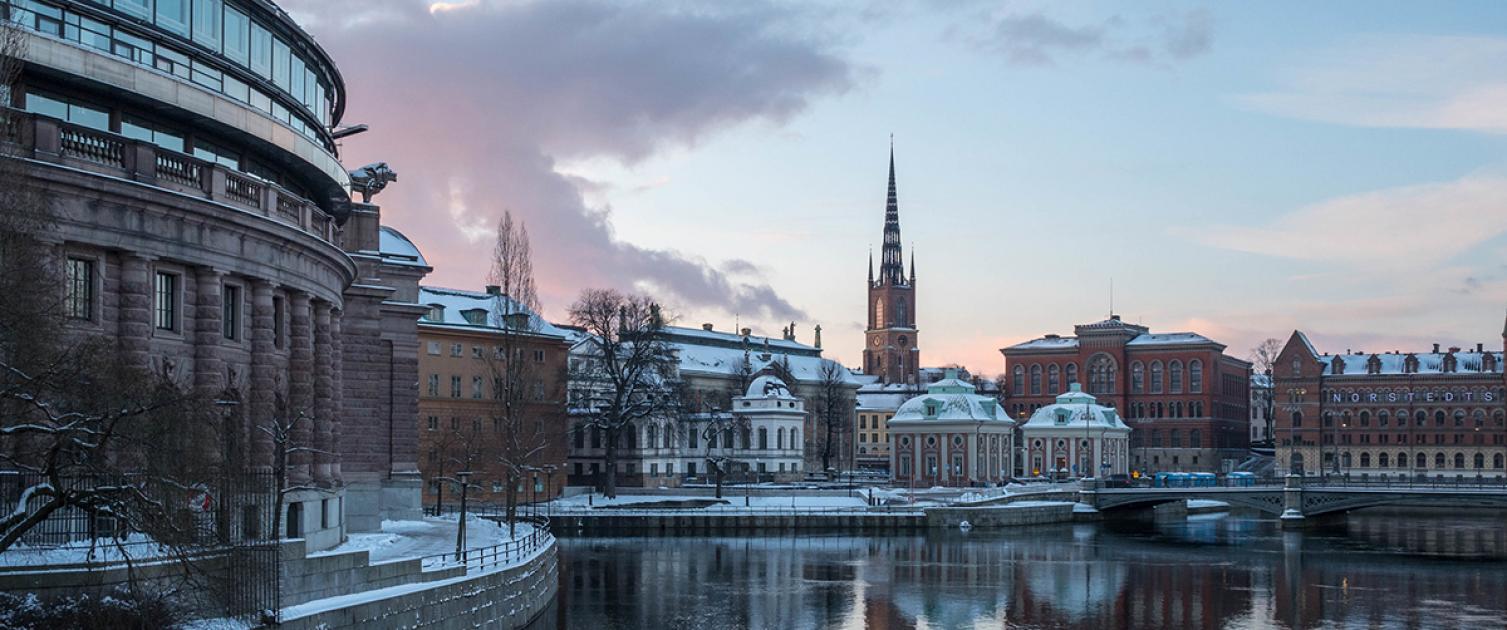In Europe, Church Taxes Are Voluntary. People Pay Them Anyway.
By Philip Jenkins
Iwould love to see Americans’ reaction if a US politician proposed a law requiring most citizens to pay a tax for the upkeep of churches (albeit with the right to opt out). Surely the vast majority would reject the idea as blatant theocracy, even the first move toward a Republic of Gilead. Yet that is the prevailing system in several countries in Europe, including Scandinavian lands that we normally think of as highly secular. And that system is surprisingly popular. The European system is a vestige of an older world of established churches that once exercised great control and influence. Long after churches ceased to exercise any kind of monopoly, millions of believers continued to affirm their membership in a church of one denomination or another, and the state cooperated by collecting the taxes associated with membership. Rates vary widely across nations, but Sweden’s arrangement is representative. Swedes pay around 1 percent of their taxable income, which is collected along with the regular income tax. One can opt out by formally leaving the state church. In Denmark, the state redistributes the money to parishes of the established Lutheran church, the Folkekirken—literally, the People’s Church. The number of people who pay these levies is impressive. Eighty percent of Danes report that they still pay, and between 71 and 76 percent of Austrians, Swiss, Germans, and Finns do so. Even 68 percent of Swedes still pay the church tax. To nobody’s surprise, far more people claim to pay the tax than actually do. (Germans are especially prone to overclaiming.) Still, it is significant that so many feel the need to affirm their ecclesiastical loyalties. The tax generates very significant sums for the churches—several billion euros annually across the continent. Last year, the Pew Research Center (my source for most of the numbers cited) undertook a major study which found that in Western European nations with church taxes, “support for the tradition remains strong.” The support is in large part a matter of habit: if you claim to be a Protestant or Catholic in certain societies, then the tax simply goes with the territory—because it always has. But habit is by no means the only reason people give for paying the tax. Many see payment as a sign of good citizenship and commitment to the common good. It is just part of what it means to be a good Swede or Dane. Some pay because they admire churches as pivotal social institutions or they favor the charitable works that churches do. Especially in Scandinavia, many see the charge as a subscription fee to the church. Swedes explicitly call it a fee rather than a tax. Fee payers expect to receive various benefits, including baptism, confirmation, marriage, and burial. None of those practices necessarily requires any degree of religious belief. In fact, plenty of people who report paying the church tax describe themselves as unaffiliated rather than as Christian. That applies to almost a third of Sweden’s payers. For all the general satisfaction with the system, signs of change are evident. The number of people exercising the option to leave the church is growing. The Pew study found many who said that they had once paid the taxes but have since ceased. That was the case for around 10 percent of Danes and Germans and 18 percent of Swedes. Sizable numbers of respondents said they were thinking hard about abandoning the system. The younger and more educated were particularly prone to contemplate such a change. The reasons for disaffection are not hard to discern. Among Catholics, many people are angry and frustrated with the hierarchy’s social attitudes and its response to the crisis of child sexual abuse by clergy. Many have withdrawn their formal membership in the church, and with it, the duty to pay those taxes. This is the same kind of impulse that over the past 20 years has greatly increased the proportion of Americans who deny any religious affiliation. Some European activists have denounced the whole system as a violation of religious freedom, despite its voluntary character, and calls for its abolition are mounting. With all that said, Americans would be surprised by the relative contentment most Europeans have with the tax. Even now, around 80 percent of Germans, Danes, and Swedes who currently report paying the tax say they have no plans to change. However puzzling it might seem on this side of the Atlantic, the practice is too embedded to be abandoned overnight. A version of this article appears in the print edition under the title “Paying the church tax.”
|
.
Any original material on these pages is copyright © BishopAccountability.org 2004. Reproduce freely with attribution.
